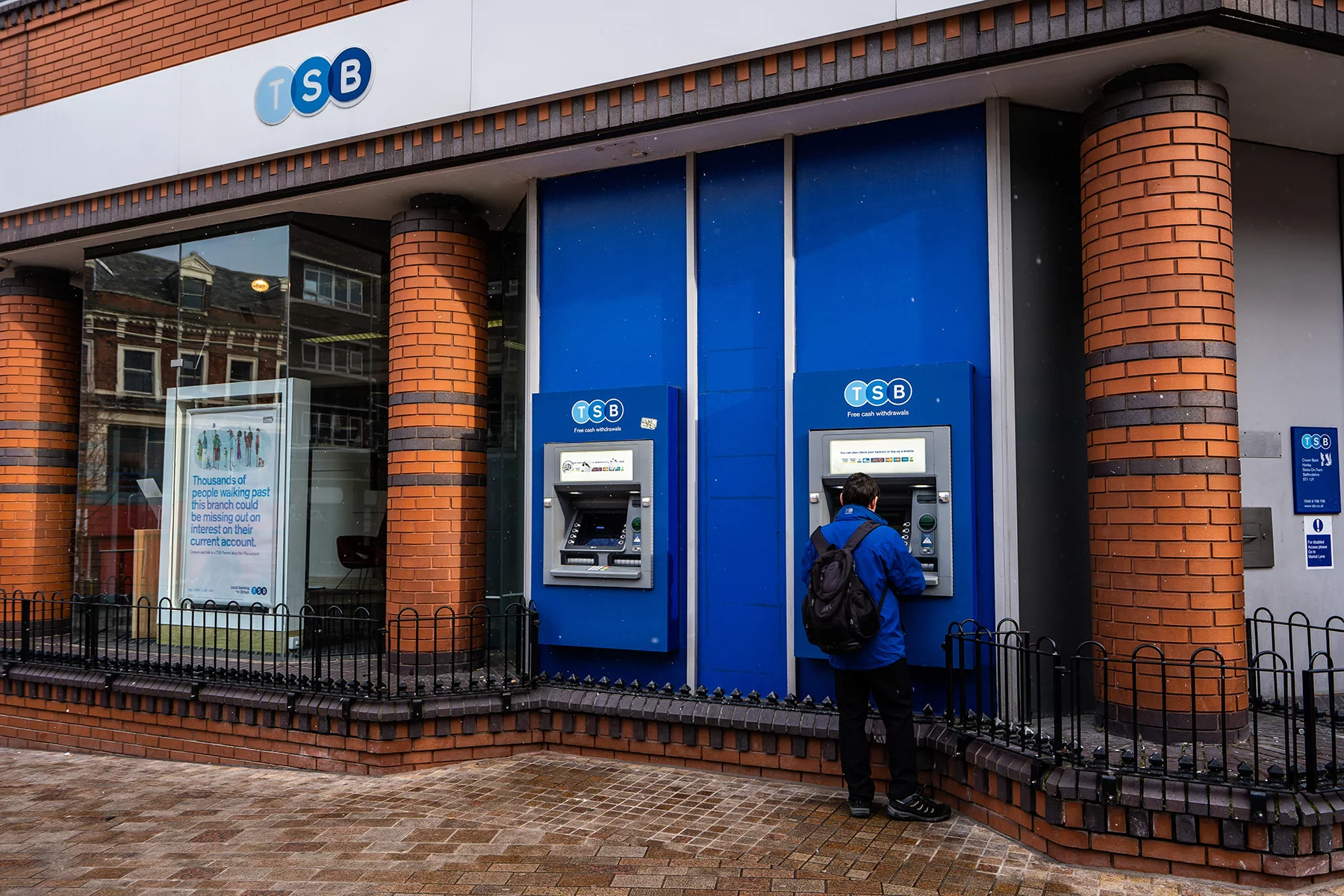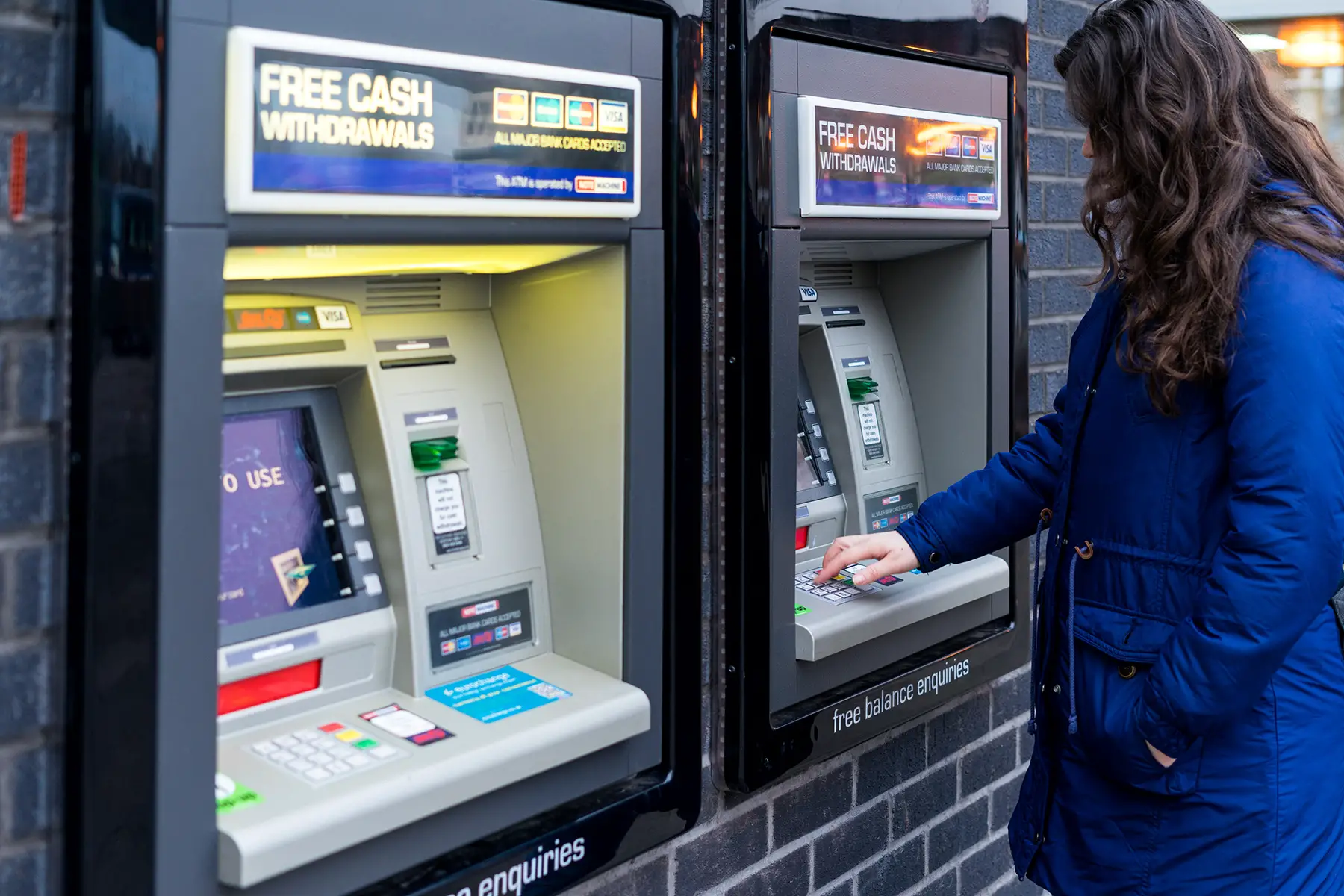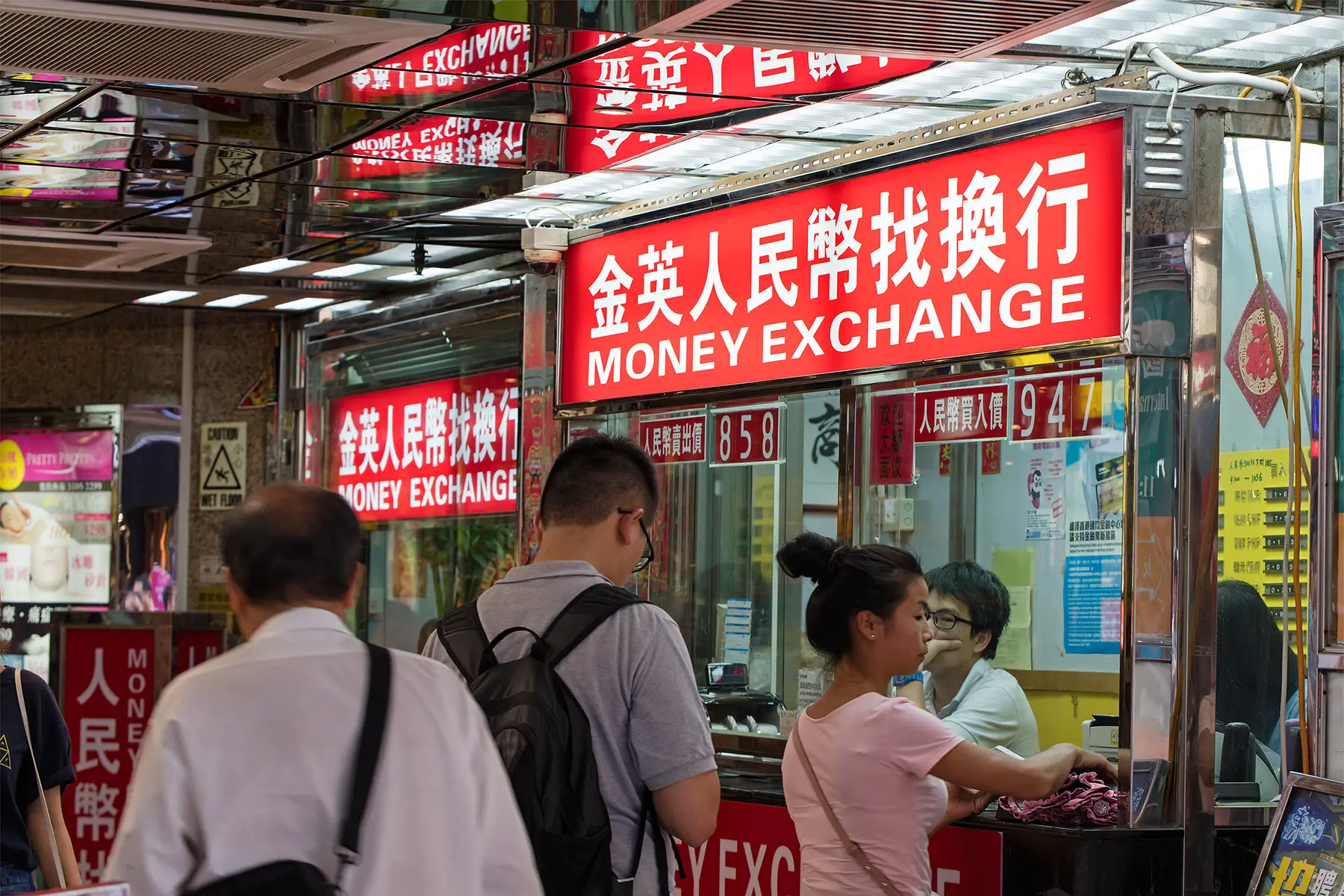Whether you’re going through your bank, an app, a third-party service or simply sticking money in an envelope (which we don’t advise), there’s a plethora of ways to move money from the United Kingdom. But mind the gaps. There’s also a plethora of rules and regulations to follow. All of this is covered below, including sections on:
Wise
Looking for an easy way to move money in the United Kingdom? Look no further than the easy-to-use global money transfer platform Wise. You can also take advantage of their multi-currency account, letting you make and receive payments securely and without hidden fees. Get Wise and get more from your money in the UK.
International money transfers in the UK
With governing bodies such as the Financial Conduct Authority (FCA), the UK keeps a close eye on how money moves in and out of the country. This applies across the board, regardless of the method you choose to make a transfer.

As of 2022, the World Bank says the total value of remittances – that is, money transfers out of the UK – amount to 0.3% of the country’s GDP. The value of money coming into the country works out to 0.1% of GDP. Statistics from YouGov add perspective to this picture, some 12% of UK residents regularly send money overseas.
In addition, just over half of British residents (54%) who send money overseas keep the amounts under £500. Further, 43% of those polled say they send the money to help their families.
So where are UK residents sending money? According to research from finder.com (as of December 2021), Nigeria and India make up the lion’s share with 15.4% and 14.7% respectively. France (6.7%), Pakistan (6.3%), and Germany (4.7%) follow.
Online international money transfer services in the UK
Transferring money online has become the norm globally. This should be no problem to do from the UK, as long as you stick with a reputable service, of course. For starters, it’s worth keeping an eye on the current exchange rates. Online providers in the UK are subject to European and FCA rules, designed to protect people who use payment services.
In terms of third-party services, Paypal is the go-to for most. This is because it is generally considered secure and easy to use, and it serves as a reasonable benchmark for fees. Keep in mind that fees can vary wildly depending on the provider. Paypal sets a rate of 2.9% and 30p on domestic transfers. For international transfers, there’s generally a cross-border fee that ranges from 0.4% to 2%, depending on the destination. If you need a fast, easy transfer, it may be worth the price. However, it is not the cheapest when it comes to larger transactions.
If you want something with some history behind it, you can’t really go wrong with the UK Post Office. This institution offers an online money transfer service that keeps things super simple. Arguably best of all, they charge a £1.90 flat fee, with transfers typically taking minutes. Keep in mind that a lower flat fee might not result in the best exchange rate. For example, Wise has a rolling rate comparison on their portal. If you use Wise to send £1,000 to someone in the EU, the recipient will receive over €1,178 (the exchange rate in February 2022). This is a higher rate than many traditional banks.
Money transfer options
Several money transfer services could prove cheap and convenient for you, such as:
International money transfers in the UK by traditional bank
Most people who want to send money abroad first think of doing so through their bank. Bank transfers are an easy option for many people, but not always the most cost-effective or convenient method. However, bank-to-bank transfers are highly secure, and banks also offer a full range of financial services.
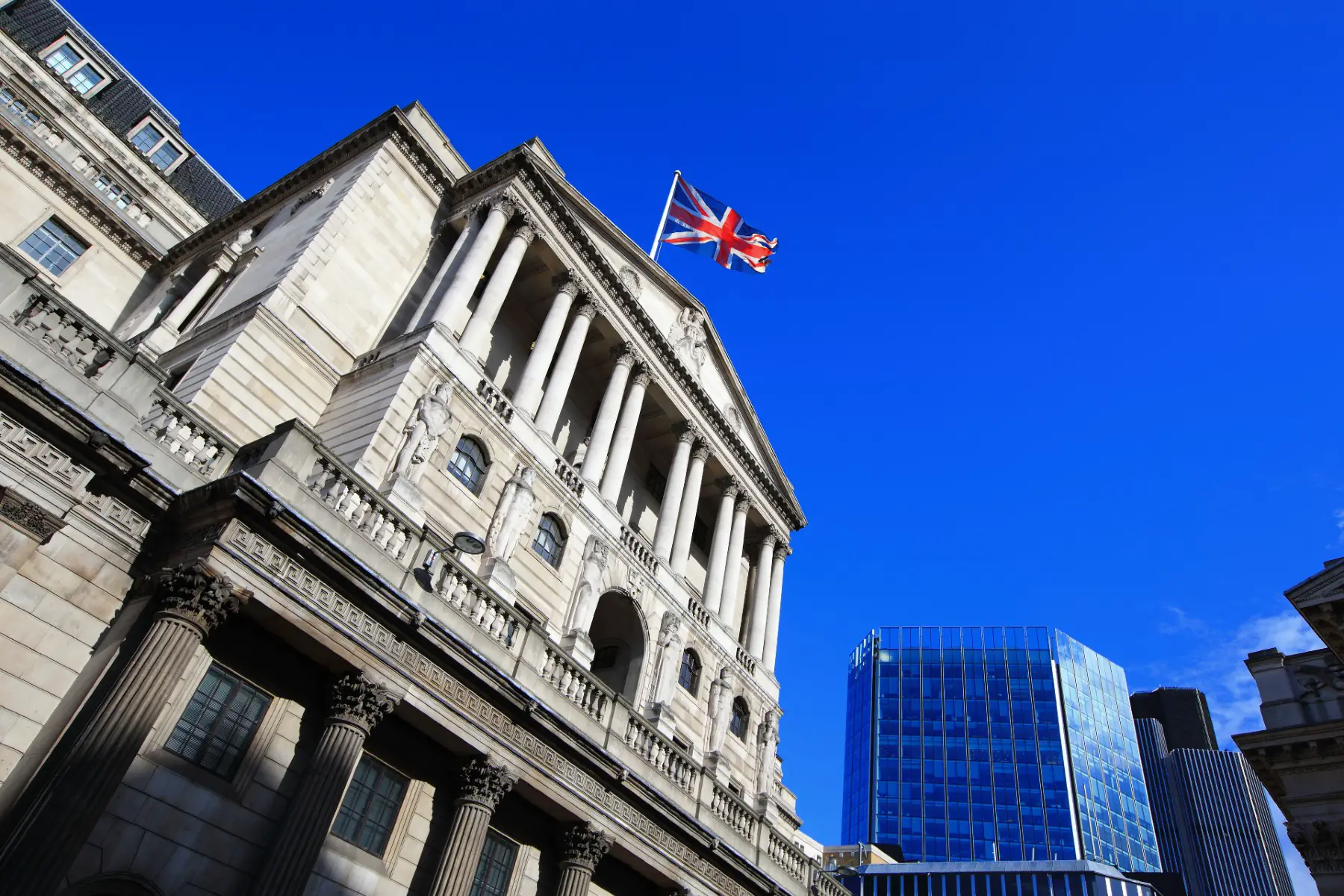
This can also mean that banks have less competitive exchange rates or higher transfer fees than dedicated foreign exchange brokers. This is because the latter can offer better deals due to a high volume of transfers. Some retail banks can have excessive fees (more on this below), and their exchange rates are not transparent. Some add a 5%–7% margin on top.
International bank transfers are possible online, in a branch, or via phone. These transfers clear within a few days.
Despite the UK now operating within a post-Brexit financial framework, the Single Euro Payments Area (SEPA) agreement still applies. SEPA aims to facilitate banking across European borders by making international transfers the same cost as a local transfer. Be sure to check your bank’s specific offer.
Cost of international bank transfers in the UK
The average cost of an international bank transfer is between £20–£40. For more information on specific procedures and costs for six of the UK’s biggest banks, go to these pages on HSBC, Barclays, The Royal Bank of Scotland, Lloyds Bank, NatWest, and Santander
How long do international bank transfers take?
Faster Payments is responsible for bank transfers within the UK. However, international bank transfers are processed by SWIFT (Society for Worldwide Interbank Financial Telecommunications) or SEPA. These take a little longer.
SWIFT is a global initiative that aims to speed up international transactions. You can generally expect sums to appear in a recipient’s account in one to three days. However, in some circumstances, it can take as long as 10 days – depending on which countries the transactions involve and the type of normal activity on your account.
Meanwhile, SEPA deals only in euros and was intended as a way to simplify transfers in Europe. These international bank transfers usually take only a day to reach the account of the recipient.
How to make an international money transfer by bank
The first thing to start with is the recipients’ full name – exactly as it appears on their bank account. For many international transfers, you will also need a SWIFT code. Banks are assigned their own (you can look these up online). It’s also sometimes known as a Business Identifier Code – BIC. As well as a SWIFT code/BIC you’ll need the International Bank Account Number (IBAN) of the account you want to credit.
Most UK banks will simply require you to have your account card. But some banks may be asked for further documentation like a photo ID or even proof of address in some instances. This is also likely to happen when you send large amounts of money.
How to receive an international money transfer in the UK by bank
Before you can receive an international payment, you’ll need to provide the sender with some details. These include your IBAN which will be on your bank statement.
You’ll also need to provide the BIC. It’s different for every banking institution, so search online for your bank’s BIC. You may also need to provide:
- Your sort code – unless you’ve provided your IBAN
- Account number – unless you’ve provided your IBAN
- Your full name
- Your address
- The amount and the currency you’d like to receive the payment in
Keep in mind that if the payment is taking place outside of the European Economic Area (EEA) you and the sender must agree on who is to pay the charges.
If you want to receive a SEPA credit transfer, you’ll need to provide the sender with an IBAN.
International money transfers via online and mobile banking in the UK
Online transfers through your bank in the UK are usually straightforward enough. But again, you are going to have to deal with some red tape. UK banks tend to use one of two systems to handle money transfers – Faster Payments and CHAPS (Clearing House Automated Payment System).

Faster Payments has become the standard for payment transfers. It’s integrated across online and mobile banking. Use it to transfer money instantly across accounts for free. Most high street banks set a limit of £10,000 per day on these kinds of transfers.
Use CHAPS if the bank you’re sending money to doesn’t accept Faster Payments. Although it’s good in these scenarios, it does come at a cost, with a transfer fee of £25 on average per transaction. CHAPS payments are guaranteed to arrive on the day you make them.
Many banks – for example, Nationwide, Bank of England, and Royal Bank of Scotland – will require you to use a chip and pin machine for any online transfer. This is a little card reader that you can request from the bank (they usually arrive in three to five working days). When you want to make a transfer, insert your bank card into the reader, input the amount and you’re then given a code which you input online/on your phone. This adds an extra layer of security.
Wire transfers in the UK
While not as ubiquitous as elsewhere, wire transfers are a popular means of money transfer in the UK. Even if you don’t live in a big city, chances are you won’t be far from a point where you can use one of the big three wire transfer companies in the UK: Western Union, Moneygram, or Ria.
All three of these have a strong presence in the UK and are trustworthy outlets. However, if you’re using a newsagent or shop that offers the service – as opposed to a dedicated Western Union, Moneygram, or Ria branch – make sure they have the official signage of one of the three before handing over any cash.
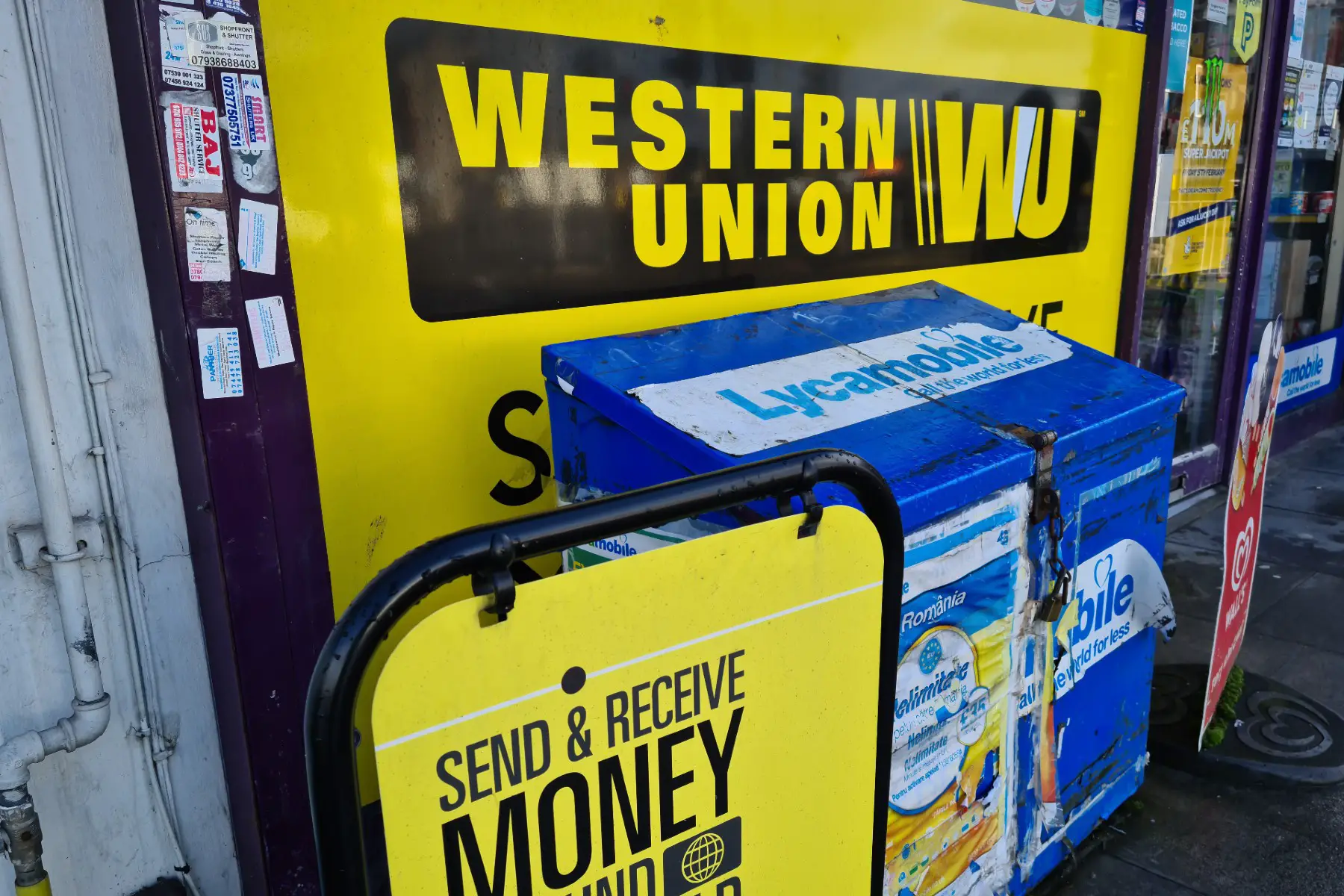
Wire transfers work by filling out paperwork in which you state all your essential details. This includes your name, address, contact info, and passport number. As well as the details of the recipient (a passport number isn’t required here).
Both you and the intended recipient must have a valid ID. You will not be able to send or receive money if you do not. If you have a valid ID and the recipient does not, they won’t be able to get the cash.
Mind the reference code
The final detail, that is so important that we’ve dedicated this section to it, is ‘the number’. Fill in your paperwork, hand over your money, and you’ll get a reference code. This code is everything. Many birthdays, nights out, and rent payments have been missed because the reference number has been written down or communicated incorrectly.
Make sure that before you leave the shop, you are crystal clear on the reference number. When you give it to the intended recipient, it will have to match perfectly. One wrong number or letter and you might as well have thrown the money into the sea as an offering to Poseidon.
Once you’ve got the code, the money’s there and ready to be collected.
Western Union has a handy fee table, and Ria has a price calculator. While Moneygram plays its cards close to the chest with regards to fees and exchange rates, the homepage will give you a fee estimate. All you need to do is enter the amount you’re sending and the country it’s going to. All transfers are done as soon as you get the receipt in your hand, that goes for all three.
Foreign exchange brokers in the UK
If you wander the streets of New York, Hong Kong, Delhi… and, to be honest, most big cities, it can feel like every other store offers currency exchange. That’s not really the case in the UK. Even in the capitals. Outside of the airports and main train stations, you will have to seek out an old-school foreign exchange broker.
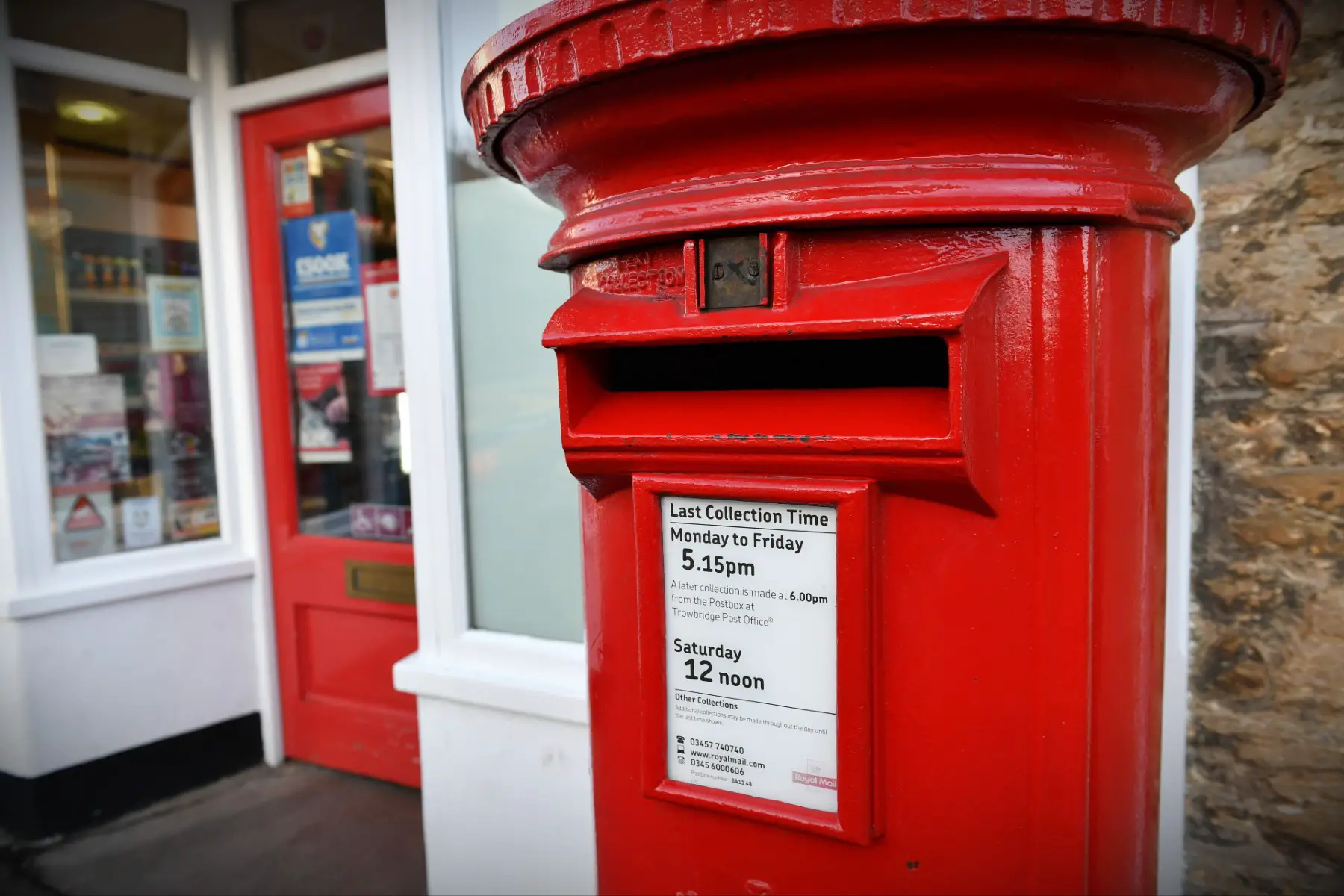
Although the UK does have arguably one of the oldest old-fashioned currency brokers by way of the Post Office. Every single Post Office in the UK will have monetary services. These include currency exchange and a money transfer service (often sub-leased to a company like Western Union)
There are a few in operation throughout the UK but by far the most prominent is Eurochange (search for a branch here). Before you use any broker, look online for the mid-market rate, also known as the inter-bank rate. This is the real exchange rate that banks use to transfer money between themselves and serves as a good guide. You can find it on Google Finance, Reuters, and XE, among others. Always have a look at the inter-bank rate before you transfer money.


